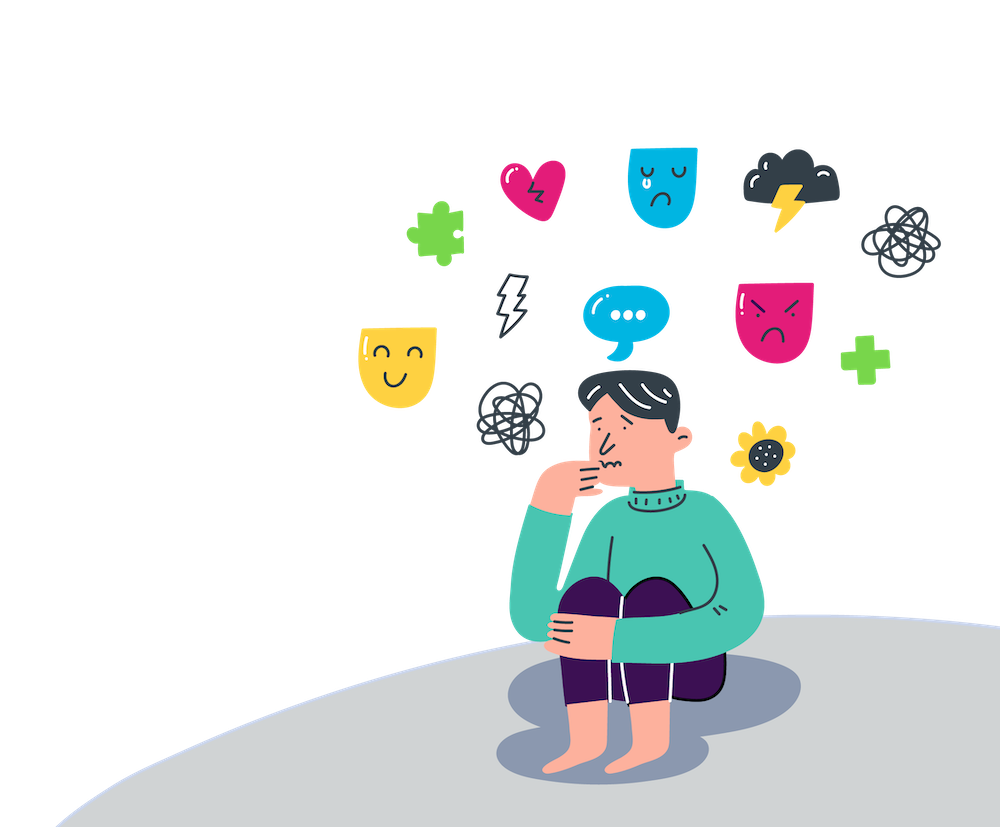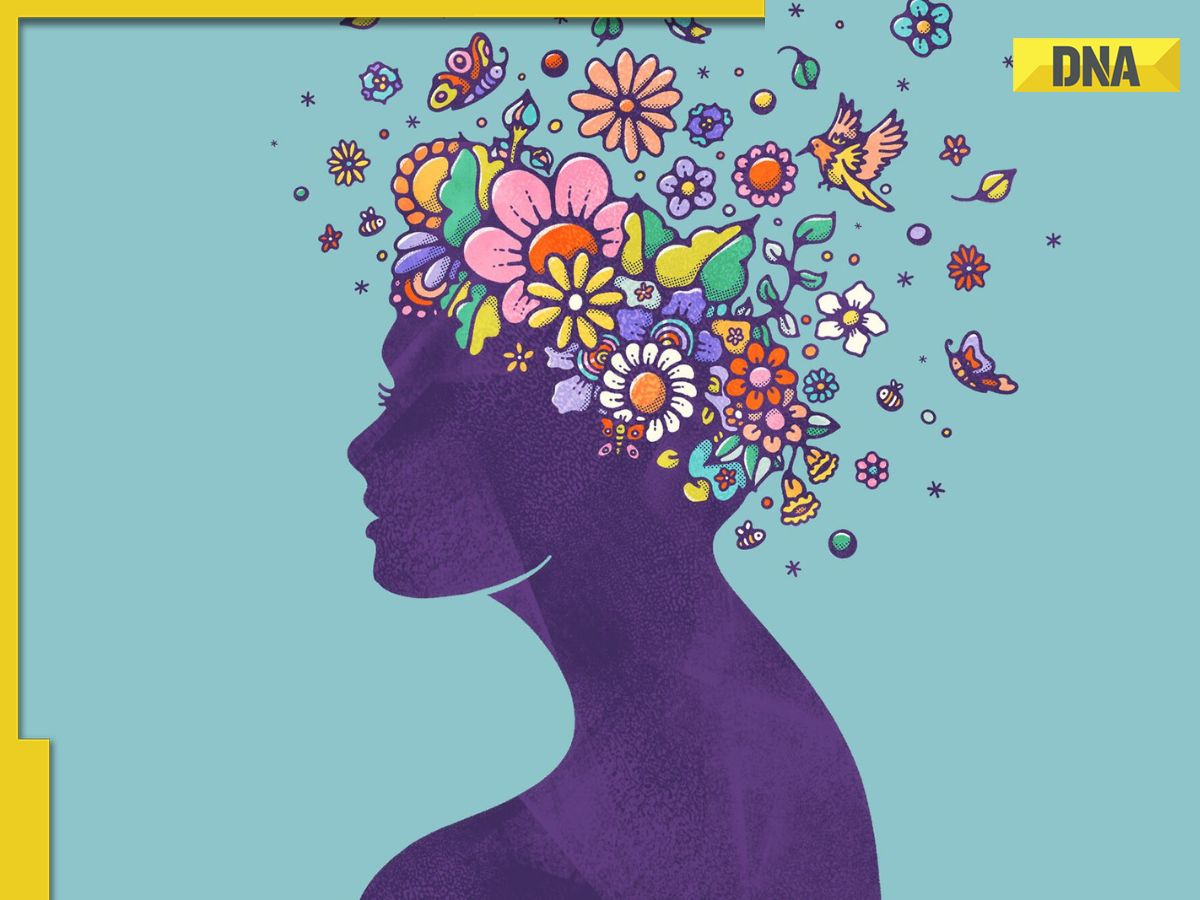Inside Look at a Top Inpatient Mental Health Program Experience
Inside Look at a Top Inpatient Mental Health Program Experience
Blog Article
Comprehensive Inpatient Mental Health Services for Effective Treatment
Inpatient mental health services represent an important element of the healthcare system, providing a structured and intensive setting for people experiencing extreme mental distress. These services employ a multidisciplinary approach, incorporating different evidence-based therapies to address the complex demands of individuals. The effectiveness of such comprehensive treatment expands beyond instant stabilization; it also includes the shift to outpatient assistance, a crucial phase commonly ignored - inpatient mental health treatment. Exploring the subtleties of this continuum exposes considerable implications for both individual recovery and broader psychological health and wellness outcomes. What variables genuinely influence this transition, and exactly how can we enhance its effectiveness?
Recognizing Inpatient Mental Health Services
Inpatient psychological health and wellness services provide critical support for individuals experiencing severe psychological distress that can not be managed effectively in an outpatient setting. These solutions are made to provide an extensive level of treatment in an organized atmosphere, usually within a health center or specialized center. Clients confessed to inpatient programs generally show severe symptoms, such as suicidal ideation, serious clinical depression, or psychosis, demanding round-the-clock surveillance and treatment.
The admission procedure generally involves a detailed evaluation by mental wellness specialists, that examine the individual's psychological state, history, and immediate demands. When admitted, clients take part in a variety of restorative modalities customized to their particular needs, including drug monitoring, specific treatment, and group sessions. This holistic technique aims to stabilize the client's condition, promote safety and security, and foster coping abilities.
Inpatient mental health and wellness solutions not just address instant health and wellness problems however likewise act as a bridge to continuous care. By giving a controlled setting, these services assist in the advancement of treatment strategies that can be continued in outpatient setups, thus making sure a continuum of care and improving long-term outcomes for people with complicated psychological health requirements.
Secret Components of Effective Treatment
Efficient therapy in inpatient psychological wellness solutions consists of several key components that promote recovery and stabilization. First and foremost, a detailed evaluation is necessary to determine the individual's particular demands and obstacles. This analysis informs the advancement of a customized treatment plan, which works as a roadmap for intervention.
Another vital part is the multidisciplinary group method. Collaboration among psychiatrists, psycho therapists, registered nurses, and social workers ensures that numerous perspectives add to the client's care, enhancing the effectiveness of therapy. Evidence-based restorative techniques, such as cognitive-behavioral therapy (CBT) and dialectical behavior modification (DBT), are likewise indispensable, providing organized techniques that attend to maladaptive idea patterns and behavioral concerns.

Lastly, an emphasis on aftercare planning is vital to guarantee a smooth shift to outpatient services, lessening the danger of relapse and advertising long-term wellness. These cumulative elements produce an effective treatment structure within inpatient mental health and wellness solutions.
Advantages of Comprehensive Care

Comprehensive care in inpatient mental wellness solutions provides many advantages that substantially boost client results. Among the main advantages is the holistic method to therapy, resolving not only the psychological signs and symptoms but also the physical, social, and psychological demands of clients. This thorough evaluation permits tailored interventions that advertise overall wellness.
Another benefit is the integration of multidisciplinary teams, which fosters cooperation amongst health care professionals. This joint setting makes certain that people obtain collaborated treatment, decreasing the danger of fragmented therapy and boosting interaction among caretakers. Furthermore, detailed treatment promotes continuity of solutions, enabling smooth changes from inpatient to outpatient setups, which is important for long-term recuperation.

Finally, the structured environment of extensive inpatient care gives a risk-free area for clients to participate in restorative tasks, helping them develop coping techniques and durability. Jointly, these benefits add to much more effective treatment and boosted quality of life for people experiencing mental health and wellness situations.
Evidence-Based Healing Strategies
In the realm of mental health therapy, evidence-based restorative strategies play an essential role in making sure that individuals get effective and scientifically sustained treatments. These methods integrate the very best available research with scientific experience and client worths, cultivating a tailored treatment experience that attends to specific needs.
Cognitive Behavioral Treatment (CBT) is among one of the useful reference most commonly identified evidence-based techniques, focusing on identifying and altering negative thought patterns and habits. This organized technique has shown efficiency in dealing with conditions such as depression, ptsd, and anxiety. In A Similar Way, Dialectical Behavior Modification (DBT) is specifically efficient for people with borderline individuality disorder, stressing the advancement of psychological regulation and social performance skills.
Additionally, medicine administration is frequently an integral component of evidence-based therapy, as psychotropic medications can reduce symptoms and enhance total functioning. Collaborative treatment models, which include multidisciplinary teams, additionally boost the efficiency of inpatient services by making certain thorough assessments and constant monitoring.
Inevitably, the combination of evidence-based restorative methods not just advertises favorable scientific results but likewise encourages patients, promoting a sense of company and durability in their mental health and wellness trips.
Transitioning to Outpatient Support
The shift from inpatient psychological health services to outpatient assistance notes a critical phase in an individual's recovery journey. This period needs mindful planning and control to ensure connection of treatment and to reduce the threats of regression or dilemma. Efficient discharge preparation should start early in the inpatient keep, entailing a multidisciplinary group that consists of psychiatrists, psycho therapists, registered nurses, and social employees.
Crucial element of a successful change consist of the advancement of an extensive aftercare strategy tailored to the person's particular needs. This strategy needs to lay out follow-up consultations, drug administration, and restorative treatments, as well as recognize neighborhood resources and support system that can facilitate recurring recuperation.
Additionally, client and family members education is important throughout this phase. Recognizing the indicators of potential problems and the value of sticking to therapy can equip patients and their support systems.
Normal follow-up and reassessment of the outpatient strategy are important to deal with evolving difficulties. By fostering a collective partnership between outpatient and inpatient companies, the probability of continual recovery rises, eventually enhancing the person's lifestyle and decreasing the danger of readmission.
)
Conclusion
In summary, extensive inpatient mental health solutions supply a vital framework for addressing serious mental distress via a multidisciplinary technique. By incorporating evidence-based therapies, cultivating an organized atmosphere, and promoting family members participation, these solutions improve therapy about his efficiency. The focus on security and the development of dealing abilities not only help in immediate recuperation but additionally promotes a smoother change to outpatient care. Ultimately, such extensive treatment is important for lasting mental health and wellness.
The admission procedure try this normally includes a thorough assessment by psychological health and wellness experts, who examine the person's psychological state, background, and instant requirements.Efficient treatment in inpatient psychological wellness solutions consists of a number of essential components that cultivate recuperation and stabilization.Comprehensive care in inpatient psychological health solutions provides various advantages that considerably enhance person end results.The shift from inpatient psychological health and wellness services to outpatient assistance notes a critical phase in a patient's recuperation journey.In recap, detailed inpatient mental health and wellness services provide a crucial framework for addressing serious psychological distress through a multidisciplinary method.
Report this page